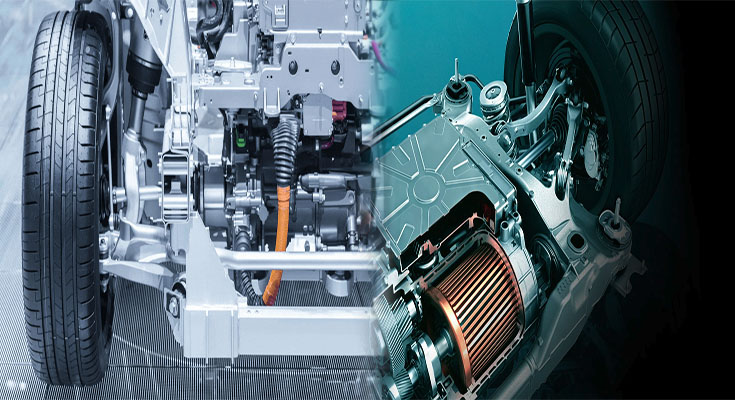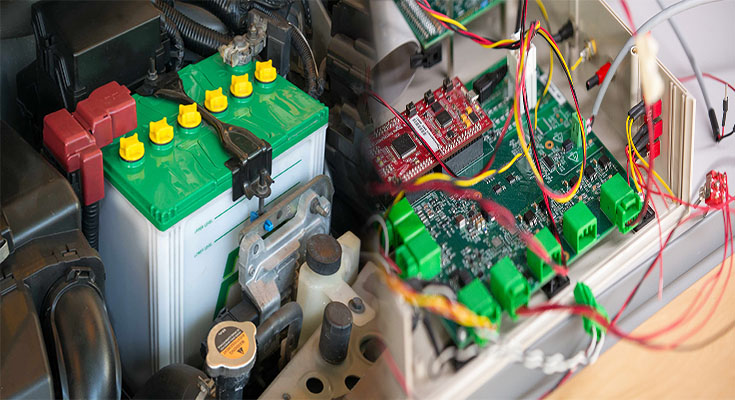
Optimizing User Experience with Cross-Browser Compatibility in Front-End Web Coding
In the world of web development, delivering a seamless and consistent user experience across different browsers and devices is essential. With the vast array of browsers available today, ensuring cross-browser compatibility has become paramount. By optimizing the user experience with cross-browser compatibility in front-end web coding, developers can reach a broader audience and enhance customer satisfaction.
Understanding Cross-Browser Compatibility
Cross-browser compatibility refers to the ability of a website or web application to function and display correctly across multiple browsers, including popular ones such as Chrome, Firefox, Safari, and Internet Explorer. Each browser has its rendering engine and interprets HTML, CSS, and JavaScript code differently, which can lead to variations in how a website appears and functions across browsers.
Importance of Cross-Browser Compatibility
- Expanded Audience Reach: Not all users have the same preferred browser. By optimizing your website for cross-browser compatibility, you can ensure that your content reaches a wider





